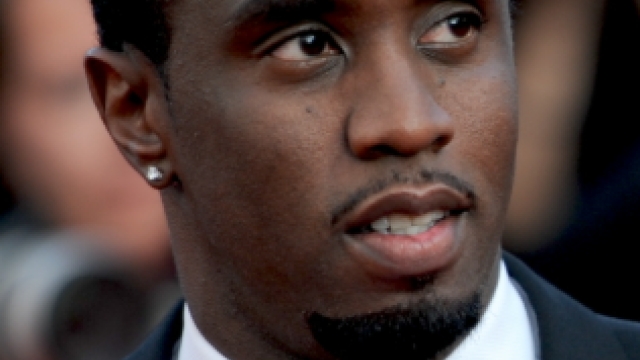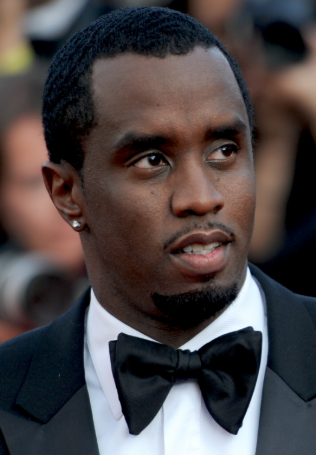
Puff Daddy Case: A Prosecutorial Overreach That Should Never Have Happened

The federal trial of Sean “Diddy” Combs, known as Puff Daddy, wrapped up on July 2, 2025, with a mixed verdict that has sparked heated debate about whether the case should ever have been prosecuted. Combs was cleared of the heaviest charges—racketeering conspiracy and sex trafficking—but convicted on two counts of transportation for prostitution. The outcome, alongside recent events, has many arguing that the case was a sensationalized overreach by federal prosecutors, built on shaky grounds from the start.
Prosecutors painted Combs as the head of a criminal empire, accusing him of forcing women into drug-fueled sexual encounters with male escorts. They used a law typically aimed at organized crime to charge him, but the jury’s acquittal on the major charges suggests they didn’t buy the story of a criminal network or non-consensual acts. The core of the government’s case fell apart.
Critics say the prosecution leaned on lurid details—like baby oil and party drugs—to stir public outrage rather than prove serious crimes. Combs’ defense argued that his relationships, while unconventional, were consensual, and the government’s attempt to criminalize his private life was a misuse of federal power. The jury’s partial acquittal seems to back this up.
The case stemmed from a 2023 civil lawsuit by Combs’ ex-girlfriend, who alleged abuse, sparking a federal probe. While her testimony was key, the defense showed that she and another witness participated willingly, muddying the prosecution’s claims of coercion. Legal experts have criticized the government for not pursuing simpler charges, like assault, that might have better fit the evidence.
Public reaction has been fierce. Many feel the case was a witch hunt driven by powerful interests targeting Combs’ legacy as a hip-hop icon. The government’s push to keep Combs locked up until sentencing, despite his acquittal on top charges, has only fueled accusations of bias. A judge denied bail, citing Combs’ past, but supporters rallied outside the courthouse, demanding his release. The prosecution’s call for a 20-year sentence on the lesser convictions feels excessive to many, especially when guidelines suggest two to five years.The trial, spanning seven weeks with dozens of witnesses, failed to justify its scope. It’s left Combs’ reputation in tatters and his career as a Grammy-winning artist and entrepreneur on hold. The Puff Daddy case is a glaring example of prosecutorial overkill, where chasing headlines took precedence over justice. For many, it’s obvious: this case never belonged in a courtroom.
